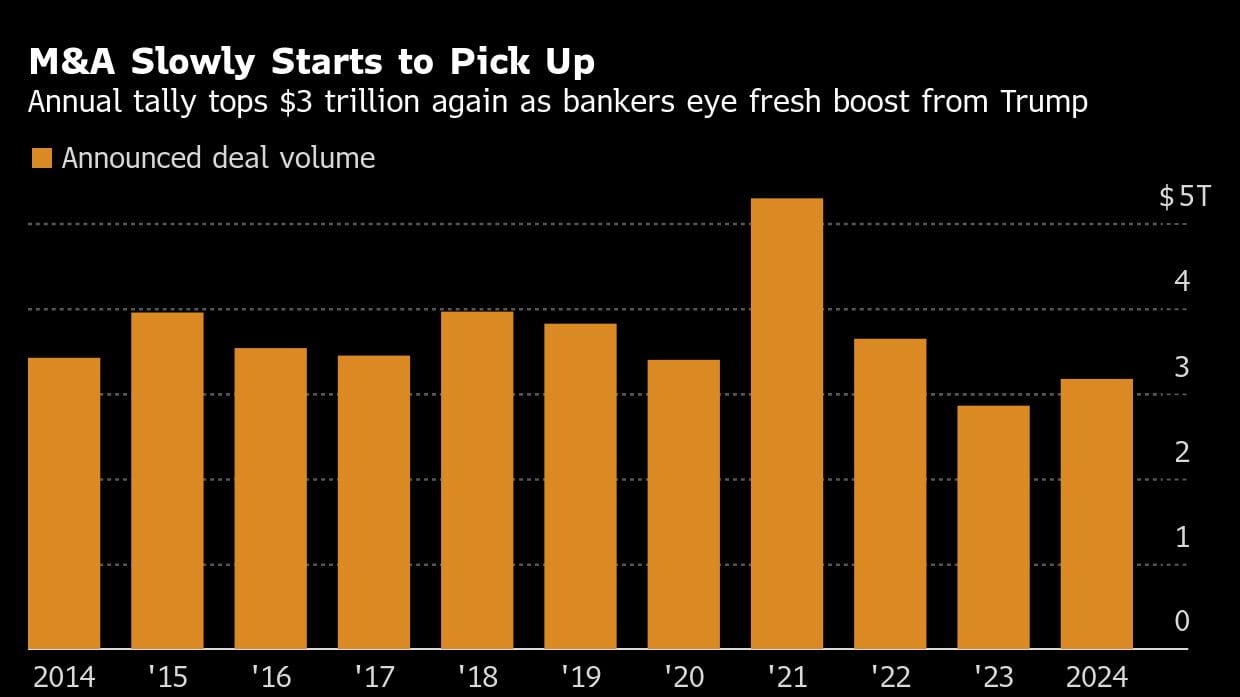(Bloomberg) -- Companies that spent billions on poorly timed acquisitions in recent years are now offloading those assets at knockdown prices.
Alibaba Group Holding Ltd. announced Tuesday it’s going to sell Chinese department-store chain Intime to a local apparel group for $1 billion. The price is around 30% of the company’s valuation when Alibaba bought it during the heady days of 2017. The internet giant, which has largely abandoned its acquisitive ways amid government pressure, said it will book a $1.3 billion loss on the transaction.
The deal came a day after BlackBerry Ltd. said it would divest its Cylance endpoint security unit to software startup Arctic Wolf for $160 million plus a small amount of stock. That’s a far cry from the $1.4 billion BlackBerry paid when it agreed to buy the business in 2018. Under BlackBerry’s ownership, Cylance reported substantial losses and its revenue fell over 50%, according to Royal Bank of Canada analysts.
The moves show how companies that were major acquirers during the boom times may sober up and regret those purchases only a few years later. Just last month, Just Eat Takeaway.com NV agreed to sell US food delivery service Grubhub for $650 million, a roughly 90% discount to the price it paid to buy the business at the height of the Covid pandemic.
Overpayment was the inevitable byproduct of an era when competition for assets was fierce, according to Oliver Scharping, a portfolio manager at Berenberg.
“Years of zero interest rates and pandemic-fueled deal hysteria sent valuations soaring in hype sectors, often detached from fundamentals,” Scharping said. “Now, as the zeitgeist demands a sober look in the mirror, companies are trimming excess, dumping underperformers, and opting for brutal honesty over sunk-cost fantasy — even if it means a multibillion-dollar haircut.”
Valeriya Vitkova, a senior lecturer at City University of London’s Bayes Business School, said that companies didn’t properly assess synergies and the expected benefits of some deals were overestimated.
Now may be a good time to find buyers for these assets as the M&A market has become active again, Vitkova said. Overall M&A volumes have risen 16% this year to $3.2 trillion, according to data compiled by Bloomberg, and bankers expect the pace to pick up next year.
These divestments allow the companies to focus on shoring up their main operations at a pivotal time. Alibaba has been working to reignite growth in its Chinese e-commerce division, where it faces fierce competition from PDD Holdings Inc. and ByteDance Ltd. Meanwhile, BlackBerry Chief Executive Officer John Giamatteo is trying to turn around the company by devoting more attention to its Internet of Things business as well as its secure communications platforms.
Reopening the Gates
A representative for Just Eat Takeaway said the market has changed since it bought Grubhub, with competition increasing and sector valuations falling. The sale to Wonder Group Inc. represents the “most attractive outcome” and “reflects the current trajectory of the business,” the representative said. Alibaba didn’t immediately respond to queries.
A spokesperson for BlackBerry said it’s “incredibly pleased” with the outcome for Cylance, which will help profitability and let it focus on the growth engines in its portfolio. Investors seem happy too, with BlackBerry shares jumping 15% the day the deal was announced, the biggest gain since August 2023.
Companies will continue to pursue divestments of acquisitions that didn’t work out, as markets are rewarding focus and punishing bloated firms, Berenberg’s Scharping said. That could provide good opportunities for cash-rich corporate buyers looking for bargains, as well as private equity firms that Bloomberg-compiled data show are sitting on $1.6 trillion of dry powder.
“The pricing reset has reopened the gates for disciplined buyers to act,” Scharping said. “We’re seeing opportunists leverage cleaner balance sheets and tighter focus to pick up discounted assets with long-term upside.”
--With assistance from James Boxell, Luz Ding, Amy Thomson, Monique Mulima, Adam Blenford and Aaron Kirchfeld.
(Updates with BlackBerry share jump in 11th paragraph.)
©2024 Bloomberg L.P.
